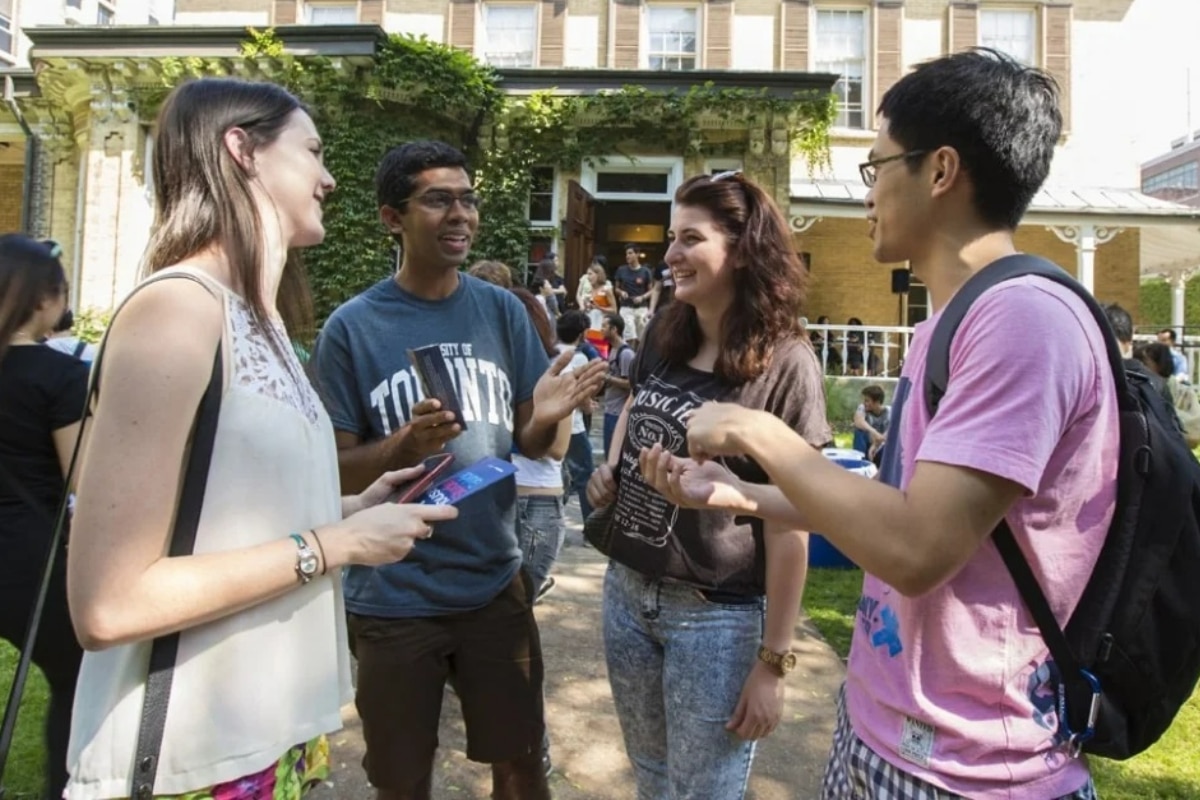In an unexpected development, there has been a significant 86% decline in the issuance of study permits to Indian students in Canada during the last quarter of 2023 compared to the previous quarter.
India-Canada Relations: The recent diplomatic tensions between India and Canada have begun to affect the interpersonal ties between the citizens of the two nations, especially Indian students, who constitute the largest demographic in Canadian universities. In an unexpected development, there has been a significant 86% decline in the issuance of study permits to Indian students in Canada during the last quarter of 2023 compared to the previous quarter. Official data, previously undisclosed, reveals a complex situation that goes beyond the typical factors associated with education.
This abrupt decline is attributed to a multitude of factors, with the expulsion of Canadian diplomats by India taking center stage as the primary disruptor of the permit processing system. Diplomatic tensions, fuelled by a contentious dispute over the murder of Sikh separatist leader Hardeep Singh Nijjar on Canadian soil, have cast a shadow on the otherwise thriving relationship between the two nations. A statement from a leading Canadian official indicated that fewer Indian students chose to apply, a direct fallout of these diplomatic strains.
Expressing reservations about a swift recovery in the issuance of study permits to Indian students, Immigration Minister Marc Miller underscored the impact of the ongoing diplomatic strains. Miller acknowledged the hindrance caused by the strained relationship, stating, “Our ability to process applications from India has been significantly hampered by our diplomatic troubles.”
The recall of 41 diplomats in October 2023 led to a discernible reduction in Canada’s diplomatic presence in India, impacting the efficiency of various processes, including the facilitation of study permits for Indian students. The dwindling diplomatic ties have also added an invisible layer of uncertainty to the permit processing system, contributing significantly to the substantial decline in study permits issued during the last quarter of 2023.
The dispute has also prompted a noticeable shift in the choices of Indian students seeking higher education abroad with many Indian students exploring educational opportunities in alternative countries, in search of more stable and welcoming environments to pursue their academic aspirations.
It is worth noting that Indians form the largest cohort of international students in Canada, receiving over 41% of permits in 2022. The diplomatic tensions and the subsequent decline in study permits pose a formidable challenge for Canadian universities, which heavily depend on international students, contributing approximately C$22 billion ($16.4 billion) annually.
Recognizing the gravity of the situation, the Canadian government has announced potential measures, including a cap, to be implemented in the first half of this year in order to manage the overwhelming volume of international students entering the country. Canada, known for its post-study work permit policies, is contemplating scrutinizing postgraduate work permits and regulating designated learning institutes to effectively manage the influx of international students. Discussions about limiting off-campus work hours for international students have also surfaced, driven by concerns about potential labour shortages.
Despite the government’s optimistic projection of a surge in international student numbers for 2023, with 40% expected to be Indian students, Miller acknowledged a decline in permits issued to Indian students last year while underscoring their continued status as the largest group. This interplay of diplomatic tensions, policy changes, and student perceptions underscores the challenges faced by both nations and the global academic community in sustaining a harmonious international education environment.
While a complete reset of the diplomatic ties may take a long time, it is expected that a gradual thawing of tensions may pave the way for diplomatic dialogue and collaboration. Both nations share a history of cooperation in various fields, including education, and a return to amicable relations could contribute to the restoration of smoother permit processing systems for international students.
-Vaibhav Gupta
(The views expressed in this write-up are personal views of the author and do not necessarily reflect the editorial policies of india.com either in part or in whole)







